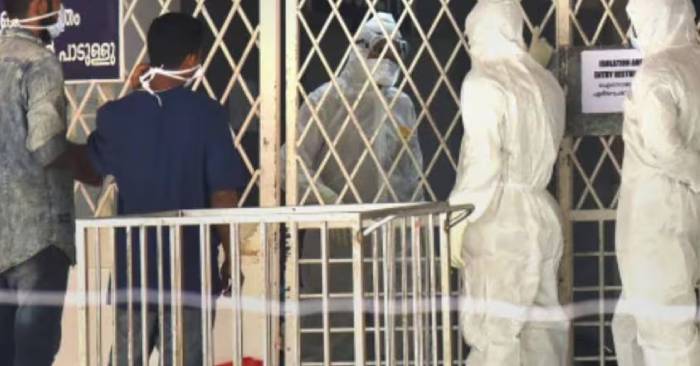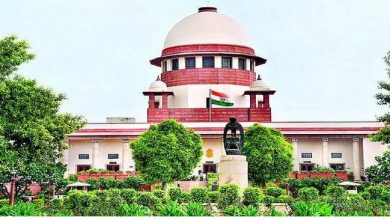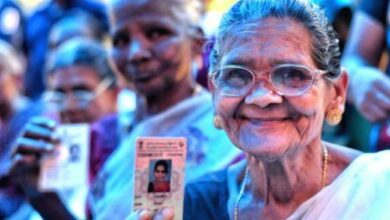Nipah Virus: 11 Samples Test Negative as Kerala Receives Antibody for Treatment

Amidst the Nipah virus outbreak in Kerala’s Kozhikode district, the Indian Council of Medical Research (ICMR) has delivered the requested monoclonal antibody to combat the deadly virus. A mobile laboratory was also dispatched to facilitate on-site sample testing.
The monoclonal antibody, a crucial antiviral treatment option, was supplied to Kozhikode by ICMR on Thursday, although its clinical efficacy remains unproven.
In response to the outbreak, ICMR’s National Institute of Virology (NIV) in Pune dispatched a mobile Biosafety Level-3 (BSL-3) laboratory to Kozhikode to expedite sample testing within the district following five reported cases, including two fatalities.
Encouragingly, 11 samples sent for testing yielded negative results, offering some relief to the state government. An additional 15 samples from high-risk contacts are also undergoing testing.
To assist with containment efforts, a central team comprising experts from various institutions has been deployed in Kerala. Further measures, including collecting samples from bats to assess the virus’s presence, are being undertaken.
Kerala Health Minister Veena George noted discussions about the stability of the antiviral with a central expert committee and emphasized that further steps would be determined collaboratively with the Union Health Ministry.
The deployment of ICMR’s mobile BSL-3 laboratory, the first of its kind in South Asia, aims to enable early testing and detection of infections at the district level, eliminating the need to send samples to the National Institute of Virology in Pune.
In addition to the mobile laboratory, a fully-equipped mobile virology testing laboratory from the Rajiv Gandhi Centre for Biotechnology (RGCB) has been dispatched to northern Kerala to bolster virus testing and detection capabilities.
This marks the fourth instance of Nipah virus detection in the state, previously identified in Kozhikode in 2018 and 2021, as well as in Ernakulam in 2019.
The monoclonal antibody, m102.4, imported during the 2018 Nipah outbreak, serves as an experimental therapeutic option for infected patients. Standard operating procedures and protocols for its use were established with ICMR’s support at that time.
Health officials have advised residents to remain cautious and adhere to preventive measures, such as mask-wearing, social distancing, and prompt reporting of symptoms. Additionally, precautions are recommended in areas where bats are present, including avoiding the consumption of open vessel-collected liquor from coconut and palm trees.
The state has established a comprehensive response plan, including the formation of a 19-member core committee, call centers, control centers, and the provision of medical facilities. Psychosocial support teams have been assembled to provide counseling, and treatment protocols have been refined.
Despite the outbreak’s challenges, health authorities remain vigilant, and containment zones have been designated in several wards within Kozhikode district.






